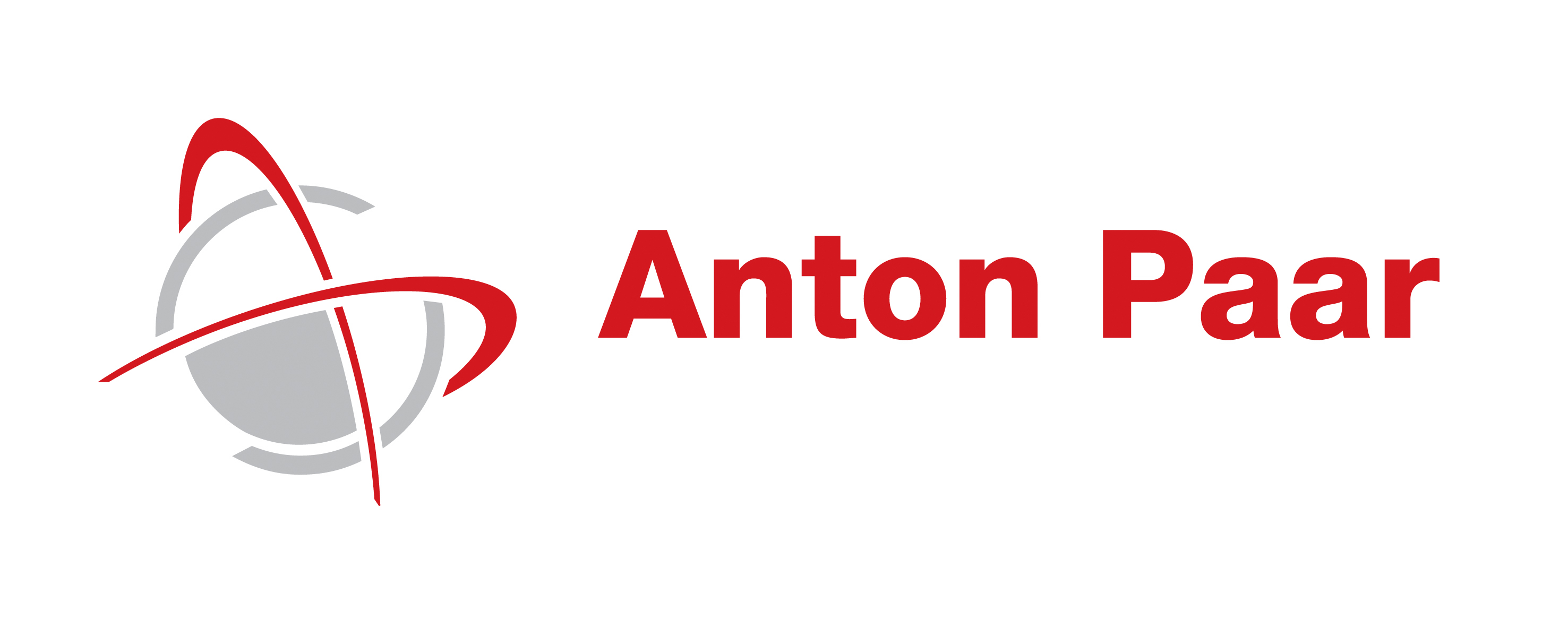ILL Soft Matter Summer School
ILL4/rdc-1 - Amphi Chadwick
ILL4
Soft matter pervades into daily life under several forms: biological matter, foams, food products, ink, tires, and many others. In contrast to their very different appearance, all these systems are governed by the same, fundamental physical laws. Aim of the school is providing an overview of the forces governing the behavior of soft matter systems and introducing the most relevant techniques to probe such interactions.
The school proposes frontal lectures for doctoral students working in the field of soft matter given by recognized experts from all over Europe. Poster sessions will be opened for discussion on research topic and experimental results between students and invited lecturers.
Pre-registration is necessary because of the limited number of places in the school.
A short description of research activity and a CV should be sent to softmatter2023@ill.fr
The organising committee will examine your application and inform you in April 2023.
We would like to thank Anton Paar for supporting this event.

